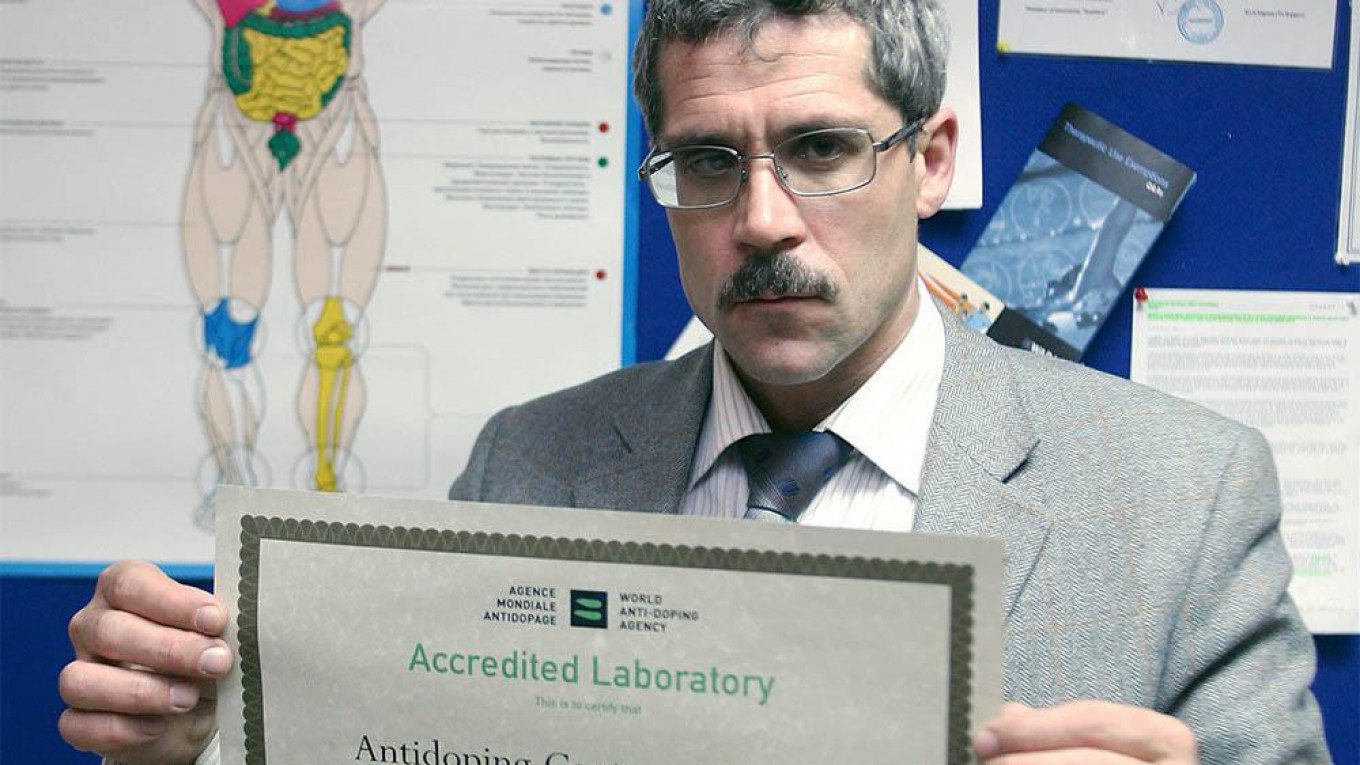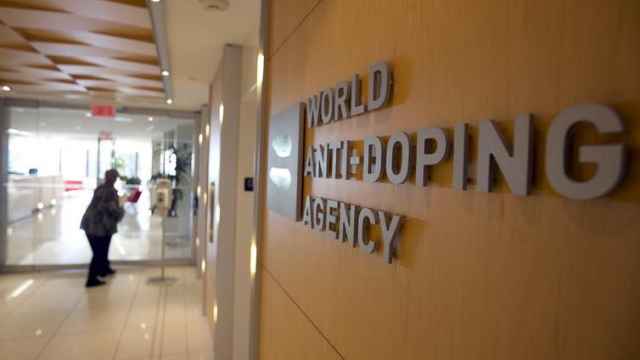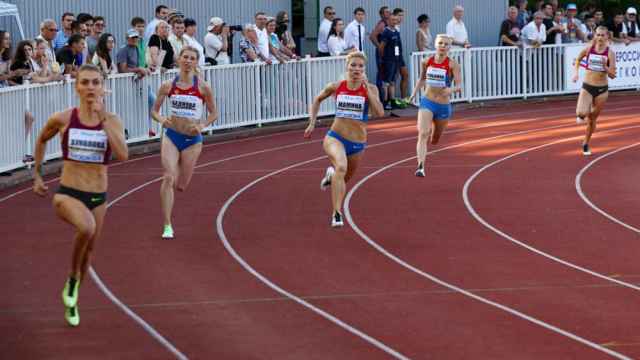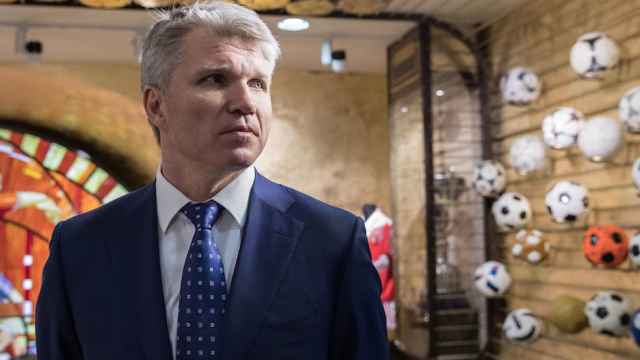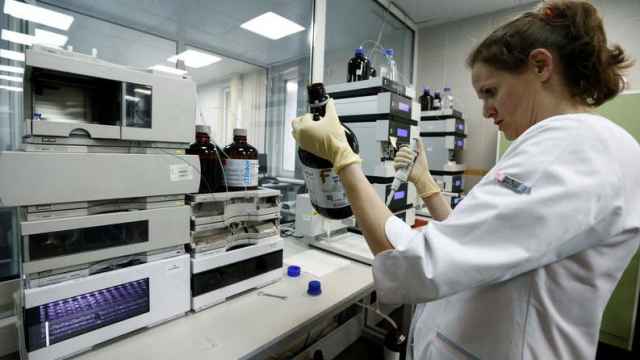Two Russian athletes have confirmed the existence of a doping cocktail described by Grigory Rodchenkov, the former head of a Moscow anti-doping lab, in the first admission of involvement since Russia was accused of running a state-sponsored doping program.
Rodchenkov fled to the U.S. after telling The New York Times newspaper that he had provided athletes with banned substances — including during the 2014 Sochi Olympics, which Russia hosted.
A probe by the World Anti-Doping Agency (WADA) accused Russia of running a state-sponsored doping program.
WADA is meeting next week to review a ruling imposing sanctions on Russian athletes. The International Olympic Committee is also expected to decide the fates of two dozen Russian athletes in December, ahead of the 2018 PyeongChang Olympics.
During the Sochi Olympics, Rodchenkov said, he provided Russian athletes with a doping cocktail of different steroids mixed with alcohol.
In Russia Rodchenkov's account has largely been dismissed as the product of fantasy and investigators have opened a case against him. Earlier this week, Russia issued a request for his extradition.
Two anonymous Russian athletes and an athletics manager interviewed by Russia’s biggest sports channel Match TV said on Wednesday the cocktail was given in the form of three unmarked pill containers with colored caps.
The athletes chose their own dosage and dissolved the pill in their mouth with a sip of alcohol, one of the athletes said.
“One tablet gave me a boost, the effect was very strong,” Match TV’s website cited Nikolai P., an athlete who took the so-called “Rodchenkov cocktail", as saying.
A sports manager, identified as Nikolai R., said the cocktail had been Rodchenkov’s idea, but that the substances were produced by a person known as “Vitya-Jintropin,” a dealer in steroids. Jintropin is a growth hormone.
The third athlete who spoke with Match TV said she had pretended to take the drugs and only learned about the contents of the cocktail she was given after the scandal broke.
“I wasn’t the only one to do so, at least one of my acquaintances” also accepted the unmarked containers with a set of instructions and told Rodchenkov she was consuming their contents, she noted. The athlete said she ultimately disposed of the bottles.
“I couldn’t even sell it to anyone because I had no idea what I’d be selling,” she said.
This is the first time that athletes still in Russia have admitted some of the claims made by WADA and Rodchenkov. But, commenting to the liberal radio station Ekho Moskvy, sports analyst Alexei Durnavo said that far from admitting Russia’s guilt the report likely aimed at discrediting Rodchenkov personally, while leaving untouched the question of Russian state participation in the doping scandal.
A Message from The Moscow Times:
Dear readers,
We are facing unprecedented challenges. Russia's Prosecutor General's Office has designated The Moscow Times as an "undesirable" organization, criminalizing our work and putting our staff at risk of prosecution. This follows our earlier unjust labeling as a "foreign agent."
These actions are direct attempts to silence independent journalism in Russia. The authorities claim our work "discredits the decisions of the Russian leadership." We see things differently: we strive to provide accurate, unbiased reporting on Russia.
We, the journalists of The Moscow Times, refuse to be silenced. But to continue our work, we need your help.
Your support, no matter how small, makes a world of difference. If you can, please support us monthly starting from just $2. It's quick to set up, and every contribution makes a significant impact.
By supporting The Moscow Times, you're defending open, independent journalism in the face of repression. Thank you for standing with us.
Remind me later.


